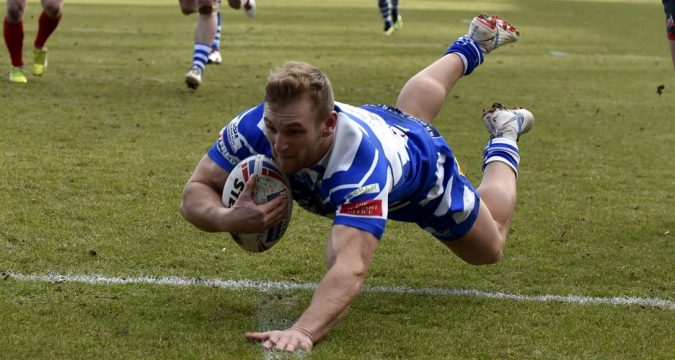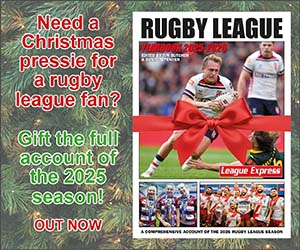 In recent years you'd struggle to find a club that has been as supportive of reserve grade rugby than Halifax.
The Championship part-timers put many of their full-time, Super League peers to shame by financing a second-team to compete against the small number of clubs that had followed their lead.
It came as no surprise when the RFL announced
In recent years you'd struggle to find a club that has been as supportive of reserve grade rugby than Halifax.
The Championship part-timers put many of their full-time, Super League peers to shame by financing a second-team to compete against the small number of clubs that had followed their lead.
It came as no surprise when the RFL announced Why Halifax have ditched reserve grade
 In recent years you'd struggle to find a club that has been as supportive of reserve grade rugby than Halifax.
The Championship part-timers put many of their full-time, Super League peers to shame by financing a second-team to compete against the small number of clubs that had followed their lead.
It came as no surprise when the RFL announced
In recent years you'd struggle to find a club that has been as supportive of reserve grade rugby than Halifax.
The Championship part-timers put many of their full-time, Super League peers to shame by financing a second-team to compete against the small number of clubs that had followed their lead.
It came as no surprise when the RFL announced 
